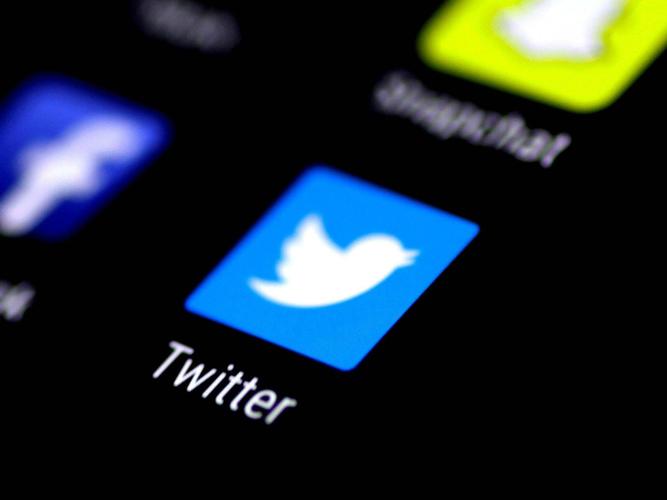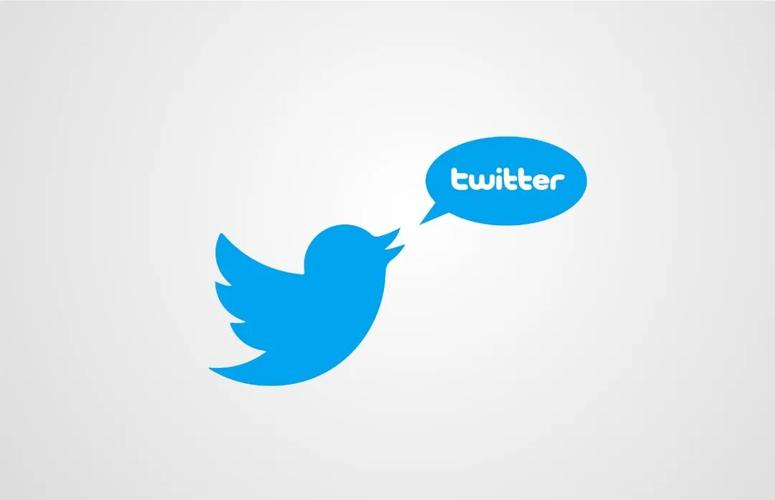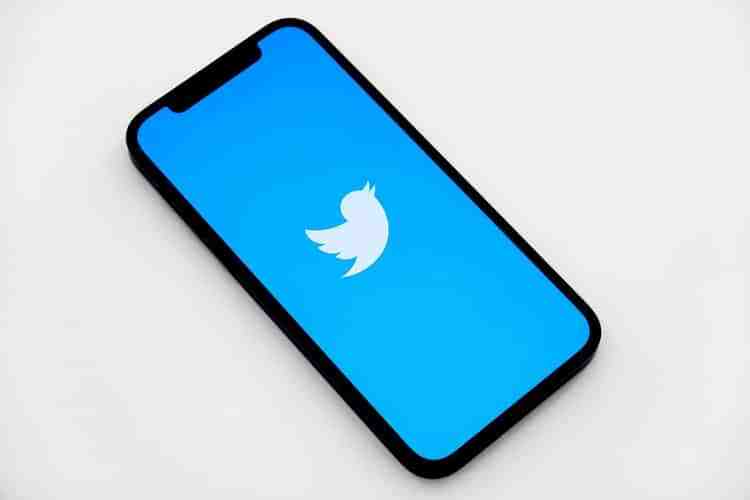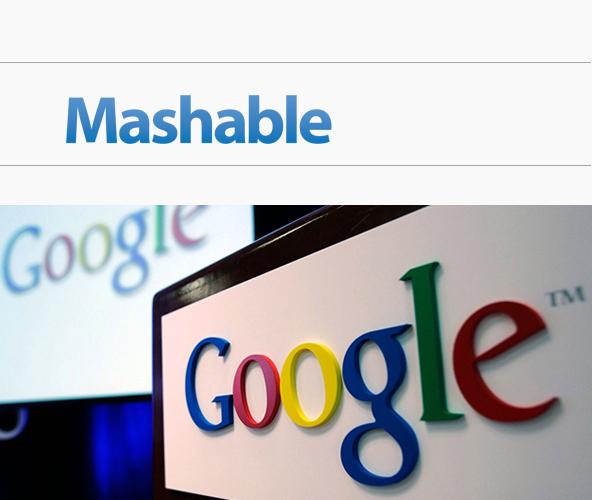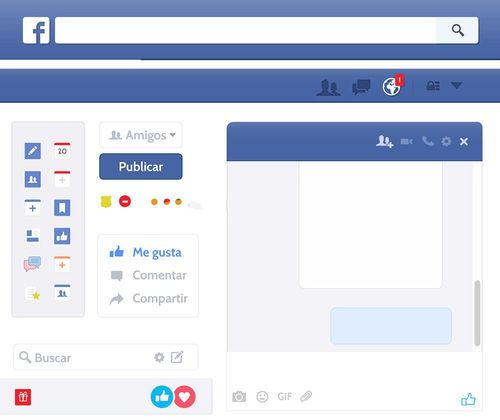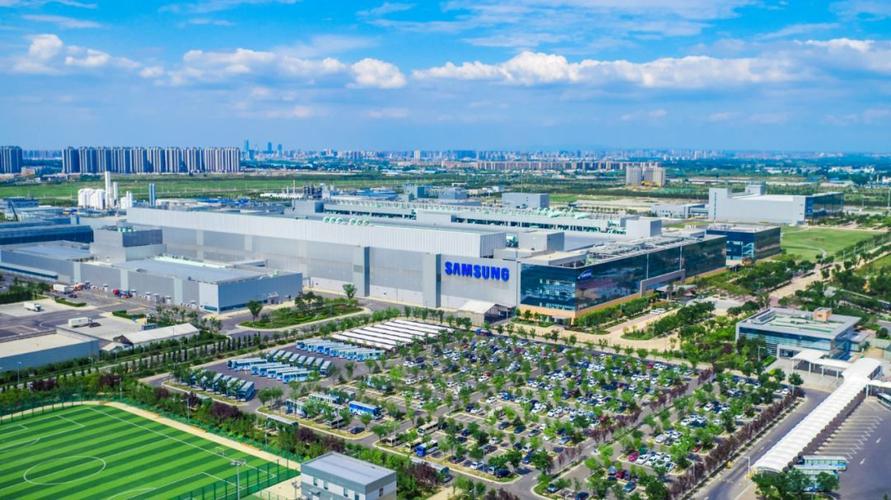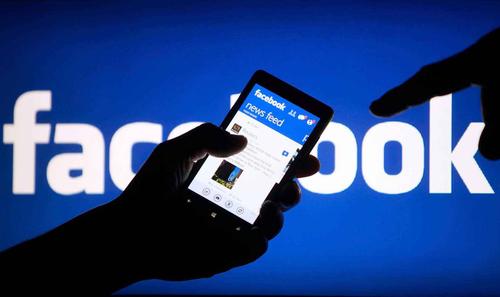Netizens recently took to social media to analyze the Twitter communication styles of top industry leaders. The online discussion highlighted how business executives use language, tone, and pacing in their posts. Users compared tweets from CEOs, founders, and high-profile figures across tech, finance, and entertainment sectors. Many focused on identifying patterns that distinguish human-written content from potential AI-generated text.
(Netizens Sorted Out The Twitter Speech Patterns Of Industry Leaders)
The trend started when a user shared a thread breaking down the speech habits of a well-known tech CEO. Others joined in, posting side-by-side comparisons of leaders’ tweets over time. Common observations included repeated phrases, punctuation choices, and variations in sentence length. Some noted executives who mix formal language with casual slang or emojis. Others pointed out leaders who stick strictly to professional tones regardless of topic.
Public reaction has been mixed. Many users praised executives who adopt relatable communication styles, calling it a smart way to connect with younger audiences. Critics argued some leaders overuse buzzwords or forced humor, making posts feel artificial. Several analysts suggested social media teams might handle accounts for some figures, sparking debates about authenticity in corporate messaging.
Data enthusiasts compiled spreadsheets tracking tweet frequency, word counts, and engagement metrics. They found no single strategy guarantees high interaction. Posts blending industry insights with personal anecdotes often performed well. Those heavy on promotional content or vague statements typically received less response.
Language experts weighed in, noting the study reflects broader public interest in how authority figures present themselves online. They emphasized that clear communication builds trust, while overly polished messages can create distance. Some recommended leaders balance professionalism with occasional informal touches to humanize their brands.
The conversation expanded to include comparisons between industries. Tech leaders showed higher use of abbreviations and meme references. Finance executives favored data-driven posts with statistics. Entertainment figures leaned toward emotional language and viral trends.
Platforms like Reddit and LinkedIn saw spin-off discussions about effective digital communication. Users shared tips for spotting AI-assisted text, such as unusually perfect grammar or lack of regional slang. Others defended automation tools, arguing they help maintain consistent messaging.
(Netizens Sorted Out The Twitter Speech Patterns Of Industry Leaders)
Social media managers highlighted the challenge of crafting authentic posts for busy leaders. They acknowledged growing pressure to make accounts feel personal while maintaining corporate image. The debate continues as users urge transparency about whether posts are self-written or team-managed.
